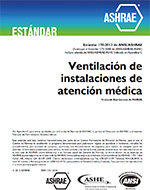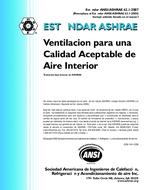Description
Occupant-Centric Control (OCC) strategies represent a novel building operation approach that relies on different algorithms to learn and predict occupants’ preferences, with the goal of improving their comfort while reducing energy consumption. However, testing and fine-tuning OCC algorithms before their implementation in real buildings is necessary to avoid inaccurate assumptions that may unintentionally result in discomfort, even for short amounts of time. This process can be challenging because the afore-mentioned algorithms rely on various parameters (e.g., environmental records, occupants’ preferences, and OCC learning rates, etc.), some of which would have to be assumed at first. To this end, we present a data-driven method for testing and fine-tuning OCC for thermostats prior to field implementation. This implementation enables quick comparisons of the effect of different changes in OCC configurations (e.g., learning rate) on potential energy savings and reduction in occupants’ interactions with thermostats. For proof-of-concept, the proposed method was tested in a case-study using data collected from an office tower located in Edmonton, Canada over one year. Occupants’ setpoint adjustments were predicted by a logistic regression model using historical data on occupants’ interactions with thermostats. An OCC algorithm was then used to adjust setpoints recursively based on the afore-mentioned patterns. Finally, the effect of these recursive setpoint adjustments on indoor temperature and the predicted frequency of occupants’ interactions with thermostats was investigated under different OCC parameter configurations to evaluate their performance. Results of this case-study illustrated the possibility of fine-tuning OCC settings to specific occupant preferences in this building prior to implementation. Overall, the proposed method enables building operators to adjust OCC algorithm parameters and quickly visualize their performance under different settings and occupancy conditions. This method can therefore simplify the adoption of OCC and resolve potential issues prior to field implementation.
Product Details
- Published:
- 2022
- Number of Pages:
- 9
- Units of Measure:
- Dual
- File Size:
- 1 file , 3.2 MB
- Product Code(s):
- D-LV-22-C040
- Note:
- This product is unavailable in Russia, Belarus




